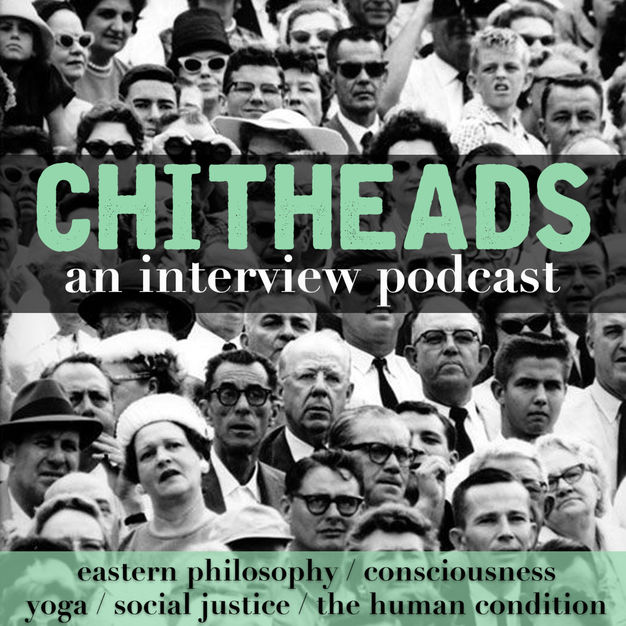Athena Potari is a philosopher, spiritual teacher, and lineage holder of the Hellenic
spiritual tradition. She is the founder of Athenoa – an Academy for Hellenic Wisdom in
Greece, where Hellenism is approached as a living wisdom tradition whose core
consists in the inextricable synthesis of scientific reason, self-inquiry and spirituality.
Her work aims to revive the deeper spiritual and experiential dimensions of Hellenic
Philosophy as a living spiritual lineage, combining discursive rigor, embodied
meditative practices, and ancient spiritual practices with the aim of awakening to the
ever-present mystery of being – our true Self. She received her PhD from the University
of Oxford, specializing in Political Philosophy, and her MA in Political Theory with
Distinction from the London School of Economics and Political Science (LSE). She was
Fellow at the Center for Hellenic Studies at Harvard University, exploring possibilities
for an expanded practice of Philosophy by re-integrating elements and histories of the
feminine. She is recipient of the Academy of Athens Award of Philosophy (2020),
author of “A Call for a Renaissance of the Spirit in the Humanities” published by the
Galileo Commission, and Member of the Galileo Commission Steering Committee. In this episode, Athena and Jacob discuss:
- How engaging with the Indian yogic traditions can clarify our ability to find wisdom in our own indigenous traditions.
- The unique energetic “field” of Oxford and how it nurtured her academic and philosophical development.
- The basics of the Hellenic worldview, and how it frames a spiritual path that sees the All as both One and Many.
- The inherently political nature of Being.
- The ways in which the modern university does not satisfy the deepest impulses toward eudaemonia – happiness, or fulfillment.
- A view of ethics not as “morality” but as “habits of energy.”
- Philosophy not as an “intellectual” but an “embodied” endeavor.
- The teachings of various ancient Greek philosophers, including Plato, Heraclitus, Plotinus, and Pythagoras.
- The holistic synergy between consciousness and matter.
- The nature of Being.
Follow Athena on the Following Channels:
See
omnystudio.com/listener for privacy information.
